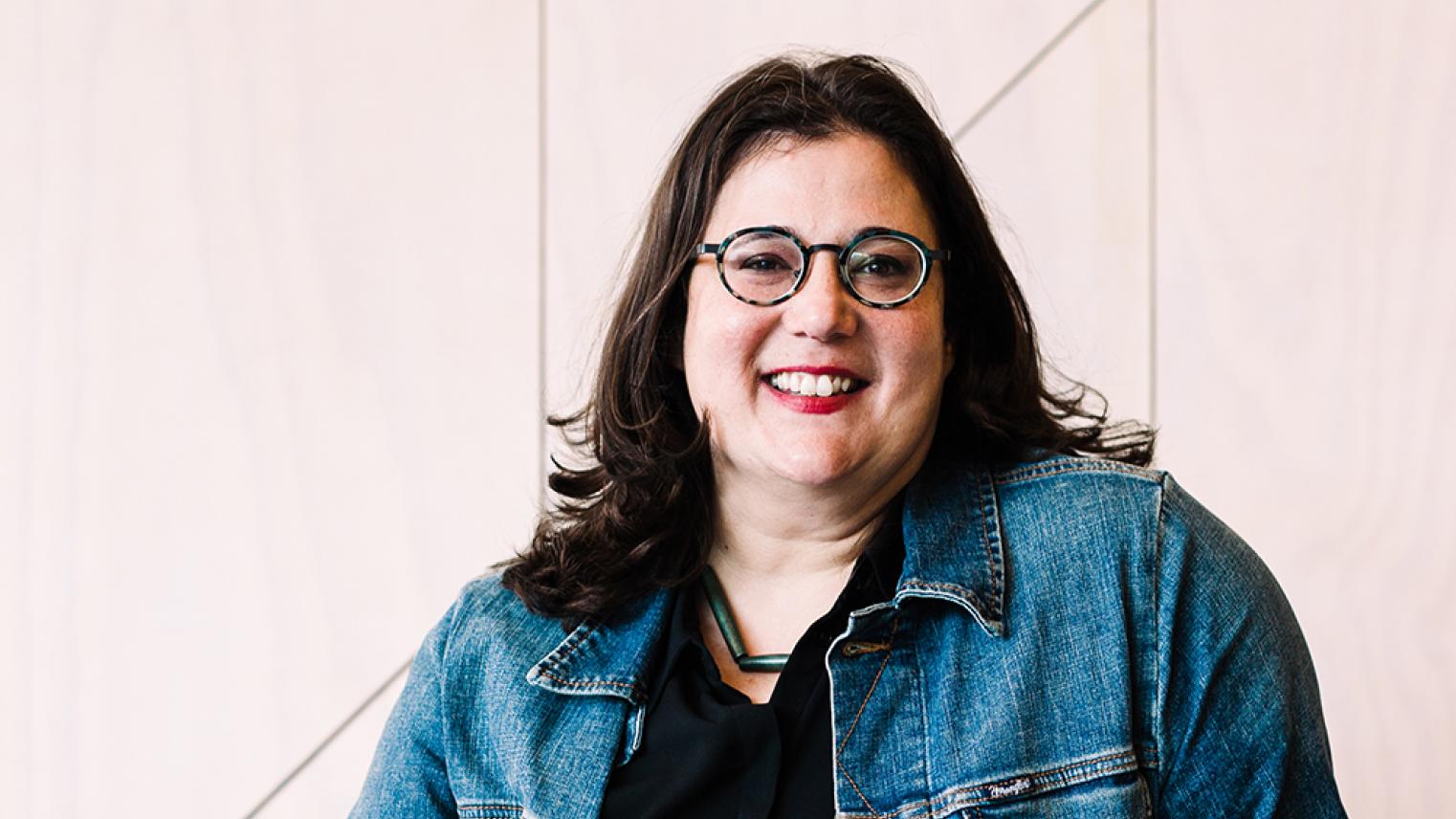Meet Meredith Edelman, winner of the 2021 J.G. Crawford Prize for outstanding thesis

RegNet alumna Dr Meredith Edelman believes in justice. She started early with volunteer programs, and has continued to work with and for organisations serving victims of domestic violence, after-school programs for children of lower-income families, but most frequently those providing legal services to migrants and low-income people.
Meredith studied law at the University of Southern California, where she met RegNet’s now-director, Kate Henne, while playing rugby. In her academic life, Meredith found herself interested in bankruptcy and insolvency law. Having studied religion as an undergraduate, she was intrigued by the United States’ (US) bankruptcy systems’ grounding in religious and normative ideas about forgiveness. Insolvency systems are crucial to functioning economies, but Meredith saw a system designed to give a ‘fresh start’ to ‘honest but unfortunate debtors’, and thought of the links between debt, sin, and the power of forgiveness.
After law school, Meredith went to work for a corporate law firm, planning to learn the practice from some of the world’s best lawyers while paying off her school debt. After five years at two of the worlds’ largest law firms, she was ready for the next chapter. She wanted to weave together the insights she gained as a corporate structuring lawyer with a sharp analysis of how legal and social orders do not work for poor communities in the ways they do for her rich and more powerful clients.
While applying to PhD programs in the US and overseas, Meredith turned to her friend Kate, who suggested that she read some of Distinguished Professor John Braithwaite’s work. Meredith started with Crime, Shame, and Reintegration, and her interests were sparked. Things took a turn when she learned of the Royal Commission into Institutional Responses to Child Sexual Abuse being appointed in Australia and ideas of a project started to percolate. After applying to programs, she was thrilled to be accepted to ANU to work with Professor Braithwaite on her project, which turned into her thesis, “Judging the Church: Legal Systems and Accountability for Clerical Sexual Abuse of Children”.
As a newcomer to social sciences, Meredith’s PhD journey had its challenges. She had to learn new approaches to research, writing, and even new paradigms of thought. However, through all her struggles, Professor Braithwaite remained a constant source of support, advice and wisdom. “The balance between challenging a student to engage with new ideas, providing constructive feedback, and allowing the student space to grow with a project is difficult to strike, but John was really great in this respect,” Meredith reflected.
“He pointed me to things to read, introduced me to people to speak with, and talked me through my ideas, but he never took over my project. I am grateful for the privilege of having been his student.”
Professor Braithwaite said Meredith’s work informs real-world policy and practice across various institutions looking for ways to tackle sexual abuse. “Meredith’s research considers how to hold these actors and organisations to account–and in ways that reflect the needs and wishes of survivors. We at RegNet are so proud of how Meredith has tackled such a challenging issue of legal regulation to produce such important insights on how to prevent future suffering of children.”
The quality of her research was recognised when she was awarded the 2021 J.G. Crawford Prize. “When I received my examiners reports, it felt like a gigantic relief, and I was so exceptionally pleased. Winning the Crawford Prize, however, was really just unexpected and wonderful.”
Meredith hopes that her work contributes to better understanding how to hold institutions and organisations accountable for wrongdoing. “Words cannot express my admiration, appreciation, and gratitude for the bravery and strength of character demonstrated by so many people who, after experiencing heinous, violent betrayals by those who they should have been able to trust, had the wherewithal to seek accountability from one of the most powerful institutions in the world. “The incredible bravery of victims of clerical child abuse all over the world who are willing to tell their stories inspires me,” she added.
Meredith recalled the many people whose advice, encouragement, insights, kindness, generosity, and criticism helped her along the way. “I’ve conducted most of the thesis research on land whose traditional custodians include the Ngunnawal, Wadawurrung, Dja Dja Wurrung, Diné, Apache, and Pueblo peoples, and would like to pay my respects to the elders and other peoples who suffered, or whose children and loved ones suffered, abuse and exploitation in schools, missions, or other institutions through which religious organisations participated in projects of colonisation around the world.
“There are so many other people whose advice, encouragement, insights, kindness, generosity, and criticism I am grateful to. Without the support of John, Kate, RegNet, the broader ANU community, colleagues, friends, and family, I would not have finished the PhD, much less won any awards, and I am so very grateful to all of them.”